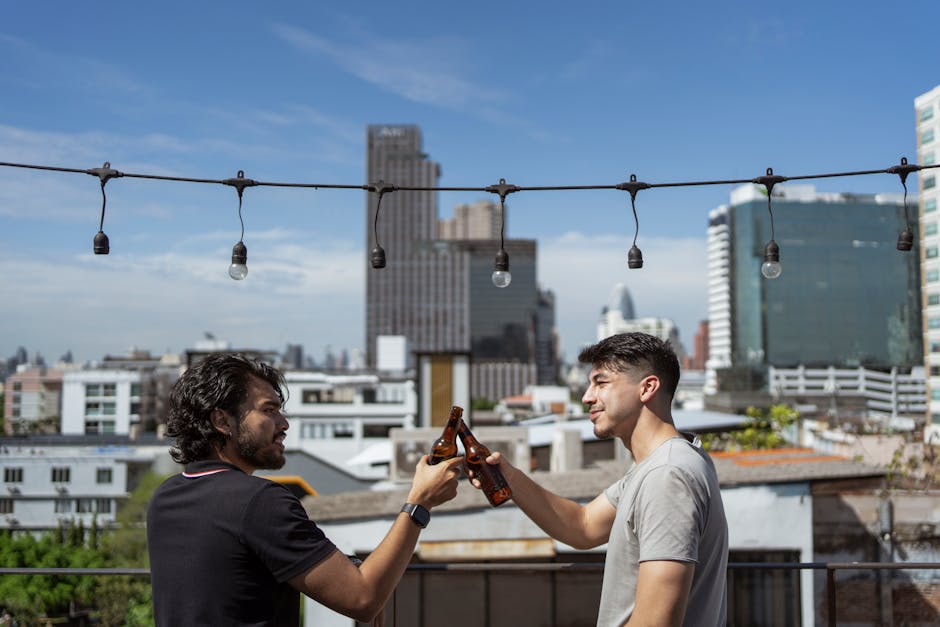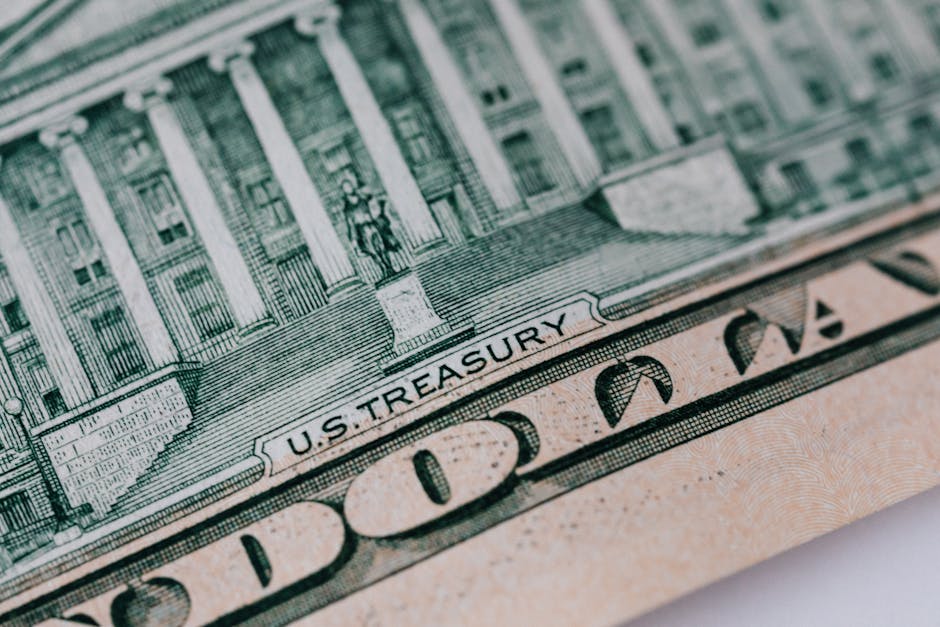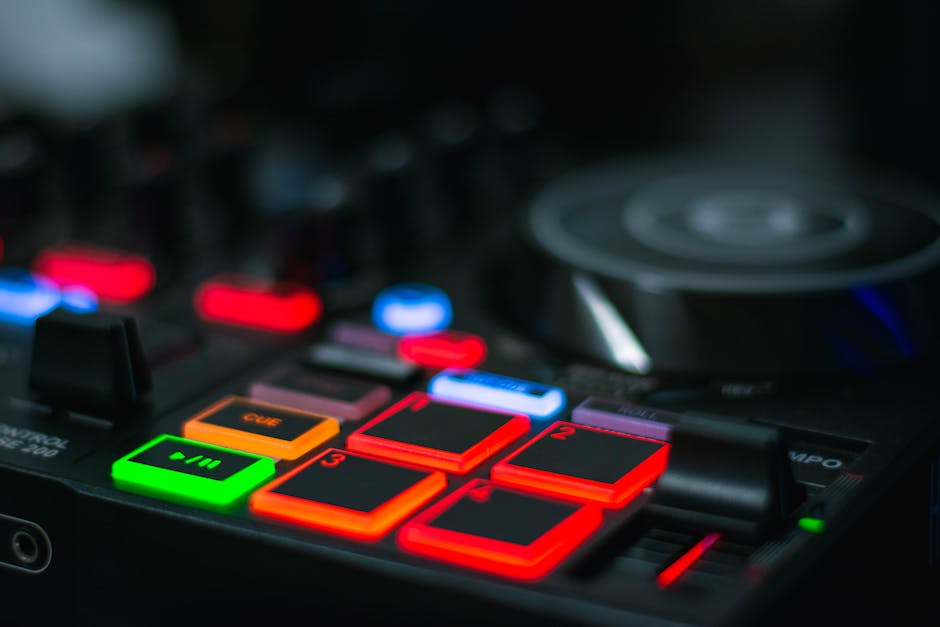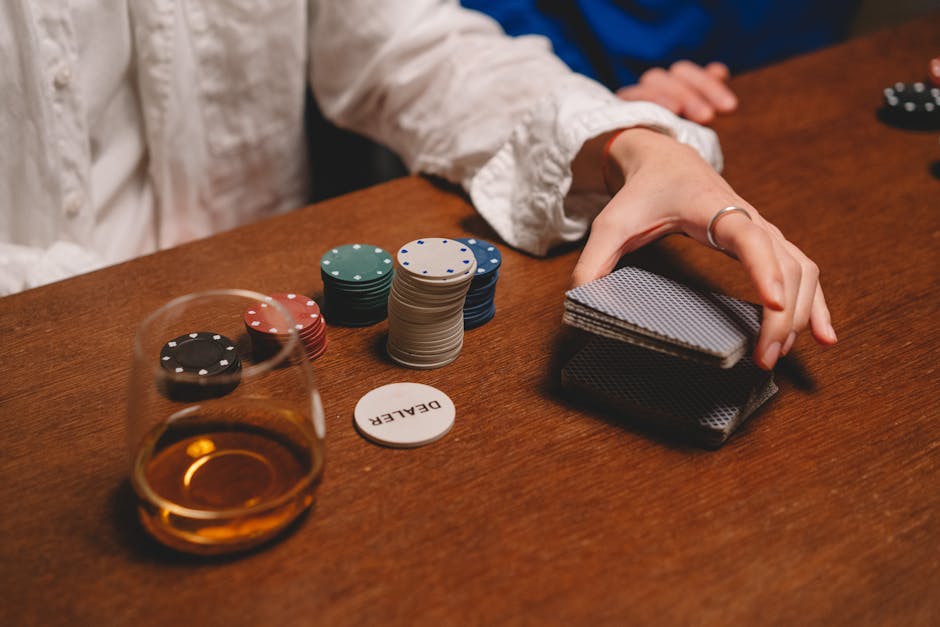In the heart of the bustling city, The Cosmopolitan Las Vegas has become the epicenter of a heated debate on privacy versus security. A viral TikTok video revealing surveillance cameras on hotel balconies has sparked widespread concern, juxtaposing guest safety against the sanctity of personal privacy.
The Delicate Balance: Security Measures in the Hospitality Industry
The strategic deployment of surveillance cameras at The Cosmopolitan is not merely for oversight but a critical component of a broader security apparatus. These measures are designed to preemptively address potential hazards, from the mundane to the severe, ensuring both guest safety and property protection. This initiative underscores a prevalent challenge within the hospitality sector, particularly in casino-rich environments: how to harmoniously integrate security protocols without infringing on guest privacy. For more insights into the challenges and strategies of securing such environments, consider reading about the Biloxi Casino’s approach to security and guest privacy.
Key Insights:
- Surveillance Strategy: The cameras serve as a proactive measure for documenting incidents, highlighting the hotel’s commitment to security.
- Privacy vs. Security: This situation exemplifies the ongoing struggle within the hospitality industry to find a middle ground that respects both safety and personal privacy.
- Legal and Ethical Considerations: The deployment of such surveillance tactics brings to light the complex legal and ethical implications, emphasizing the need for a delicate balance.
Understanding Surveillance Ethics and Legalities
Hotels face unique challenges in securing their premises, pushing them towards sophisticated surveillance systems. These systems, however, navigate a tightrope over complex legal and ethical landscapes. Balconies, which blur the line between public and private spaces, epitomize this struggle. The integration of digital surveillance necessitates a transparent dialogue about privacy expectations within these semi-public domains.
“Navigating the intersection of guest privacy and security demands is akin to walking a tightrope, requiring a nuanced approach that respects both legal boundaries and personal freedoms,” an industry analyst notes.
Frequently Asked Questions (FAQ)
- Surveillance Purpose: Primarily for security, to mitigate risks and liabilities associated with hotel operations.
- Regulatory Compliance: Yes, surveillance practices are governed by local and federal laws, which vary significantly across jurisdictions.
- Privacy Inquiries: Guests are entitled to inquire about surveillance practices to understand how their privacy is being managed.
Concluding Thoughts: Navigating the Future of Surveillance in Hospitality
In an era where digital surveillance is omnipresent, entities like The Cosmopolitan Las Vegas are at the forefront of a critical dialogue on privacy. This discussion is not isolated to Las Vegas but resonates globally, highlighting the need for ethical surveillance practices that safeguard personal freedoms while enhancing security. The case of The Cosmopolitan serves as a pivotal learning opportunity for the hospitality industry at large, emphasizing the importance of striking a viable balance between leveraging technology for safety and upholding the sanctity of privacy. For a broader perspective on how casinos navigate these challenges, read about the Marina Bay Sands’ expansion and its approach to privacy and security.
“The discourse surrounding The Cosmopolitan Las Vegas’ balcony surveillance is a microcosm of a larger societal debate on the implications of surveillance technology on personal freedoms. It underscores the pressing need for a balanced approach that equally prioritizes safety and privacy,” reflects a privacy advocate.










Leave a Reply